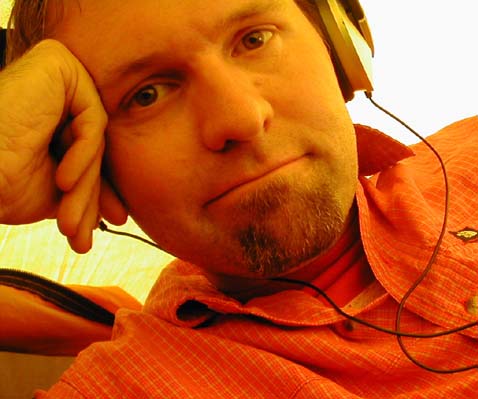'duh', but considering I never took Anthro 101 in college, here's my
take on a few things which have stood out for me in the previous weeks:
PRIVACY: The western view of privacy and the Zambian view of privacy are
almost diametrically opposite. Most Americans I know value their
privacy, spend their time trying to move to free-standing houses, build
high fences, complain to the police if their neighbors make too much
noise, and would think very hard before inviting their parents to come
live with them. Zambians, on the other hand, find that kind of
existence weird, isolating, and tiring. They can't imagine even wanting
to spend that much time by yourself, or needing that kind of space, or
having to manage to cater for yourself all the time. Alone time is
mostly to be avoided, rather than cherished.
SICKNESS: Zambians can be hard to pin down here; they are much more
willing to suffer through horrible, disfiguring diseases at home for
months or years before they come to the hospital. On the other hand, we
have almost every week someone show up to the hospital 'comatose'
because they just don't feel well so to dramatize that they refuse to
speak, eat, or move. The next day they are almost universally fine.
Westerners generally avoid both extremes of the approach to sickness;
they wouldn't ignore a tumor growing on their cheek until it erodes into
their mouth, but neither do they embrace this exaggerated 'sick role'
that some Zambians feel the need to do.
EFFICIENCY: This would be one of the more obvious differences in culture
here; I've been struggling to try to pursue less efficiency in my daily
life. It's probably the most endearing and most frustrating part of
working with Zambian staff. Lack of efficiency gives priority to the
relationship instead of the schedule; it's lovely to have people drop
what they are doing to spend time with you, and it's very annoying when
things just don't get done for days on end.
I love the things which transcend culture however, but just take on
different forms in different areas -- kids playing hopscotch: at home
with sidewalk chalk, here with patterns drawn into the mud with sticks;
cottage industries: kids selling lemonade at home, kids selling mangoes
from their trees here. And of course Slinkys and balloons, which seem
to cross all cultural lines.

